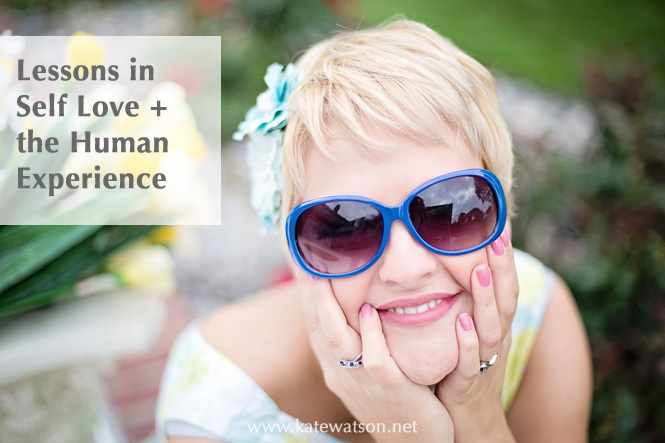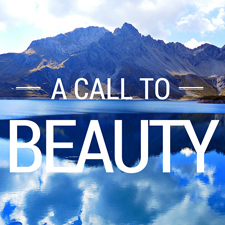
Last week I shared my story of learning to love my body. This week, I’m sharing inspiration for practicing self love and changing the expectations for the next generation.
My earliest messages about body image started at home. Dove’s Legacy campaign (video below) posts similar findings. When moms and daughters were asked what they liked and disliked about themselves, their responses were eerily similar.
As one mom realized, “Self-worth and beauty are an echo. [The messages] can echo from us to [our daughters], and from them to others.”
Our body image issues are not all originating at home, however. Throughout American society, girls are taught that their physical appearance equates to or reflects their worth. Many of these messages are propagated by the media, as discussed in the documentary Miss Representation (extended trailer below, full documentary on Netflix):
Parents still are the first line of defense in changing the dialogue about women and our bodies. Moms, here are five ways to teach your daughters to love their bodies.
If you’re not yet sure you love your own body, browse body love advocate Jes Baker’s Body Image(s) and photographer Jade Beall’s A Beautiful Body Project. And don’t forget Modcloth’s ads that prove all women can wear swimwear. All three projects offer beautiful images of sexy, confident women of all shapes and sizes.
Also watch Jes Baker‘s Tedx talk about the social impact of body image and how to take back your power:
Whether you’re a size 2 or 24, hating your body will never serve you. Negative thoughts never create a positive experience. So, embrace your body, own it, even when you want to make some changes to feel healthier. You are who you are now. Accept it.
Lest you’re beginning to think otherwise, women and girls aren’t the only ones receiving negative messages about themselves and their value. Boys and men are treated to these kinds of mind trips, too. From a young age, boys are taught that they must “man up” and never cry or show weakness. Men are taught that, to have value, they must be a provider.
That’s why I’m excited to see the next documentary from the Miss Representation team, The Mask You Live In (previewed below). Coming soon to a home or school near you.
The human experience is interesting, isn’t it. If you look around, you might think none of us are really doing it right. But we can—beginning with loving ourselves and following our dreams to a life that feels personally fulfilling.
Think about all the kids who need role models to be their best selves as well: boys or girls, Caucasian or African American or Asian or Latino, of humble or wealthy origins, of Christian, Muslim, or non-religious upbringing. You can be that. Starting now.
Cheers,

















